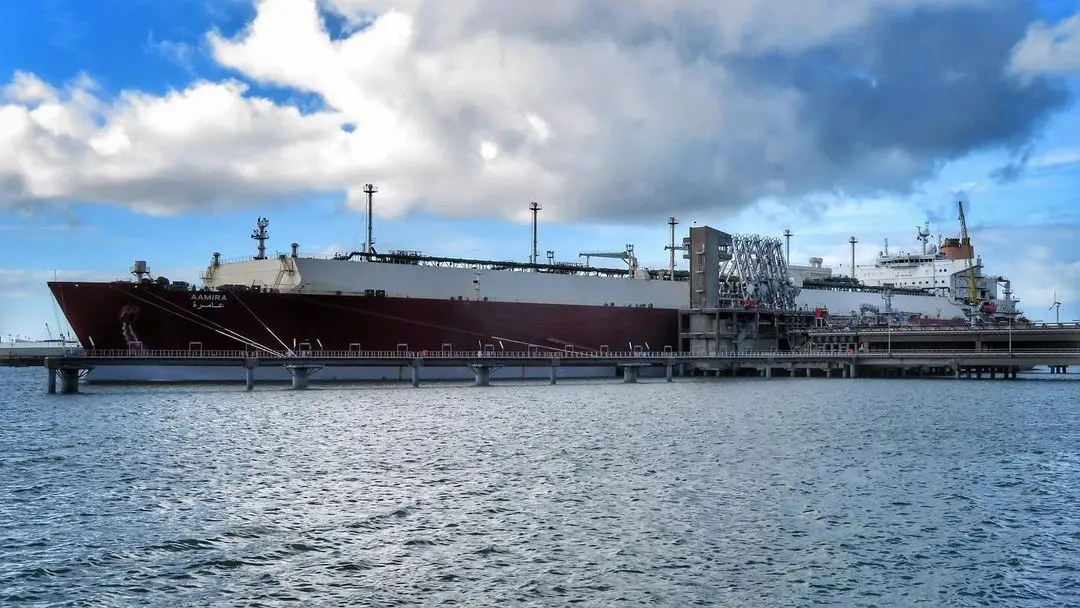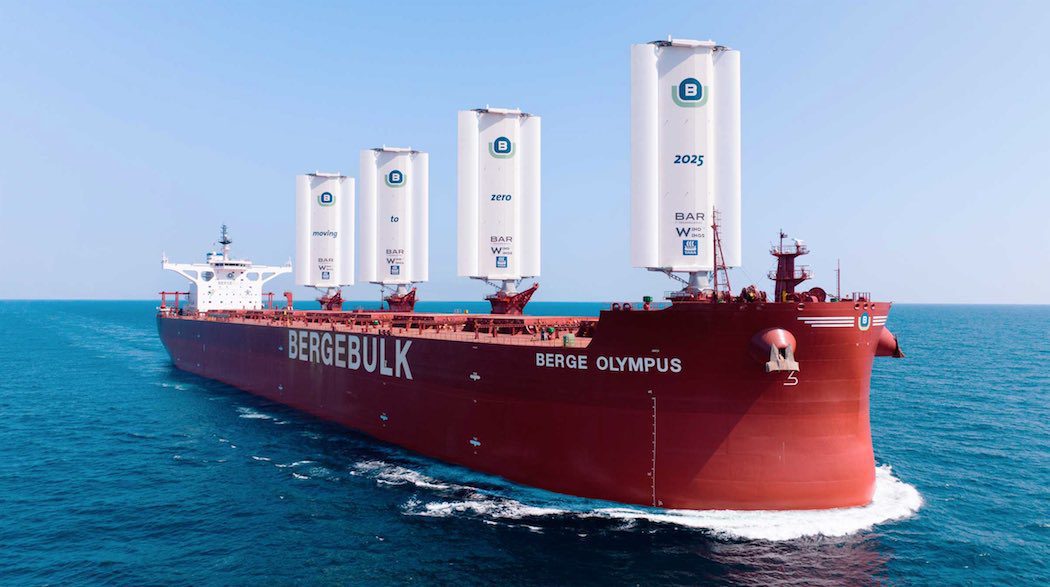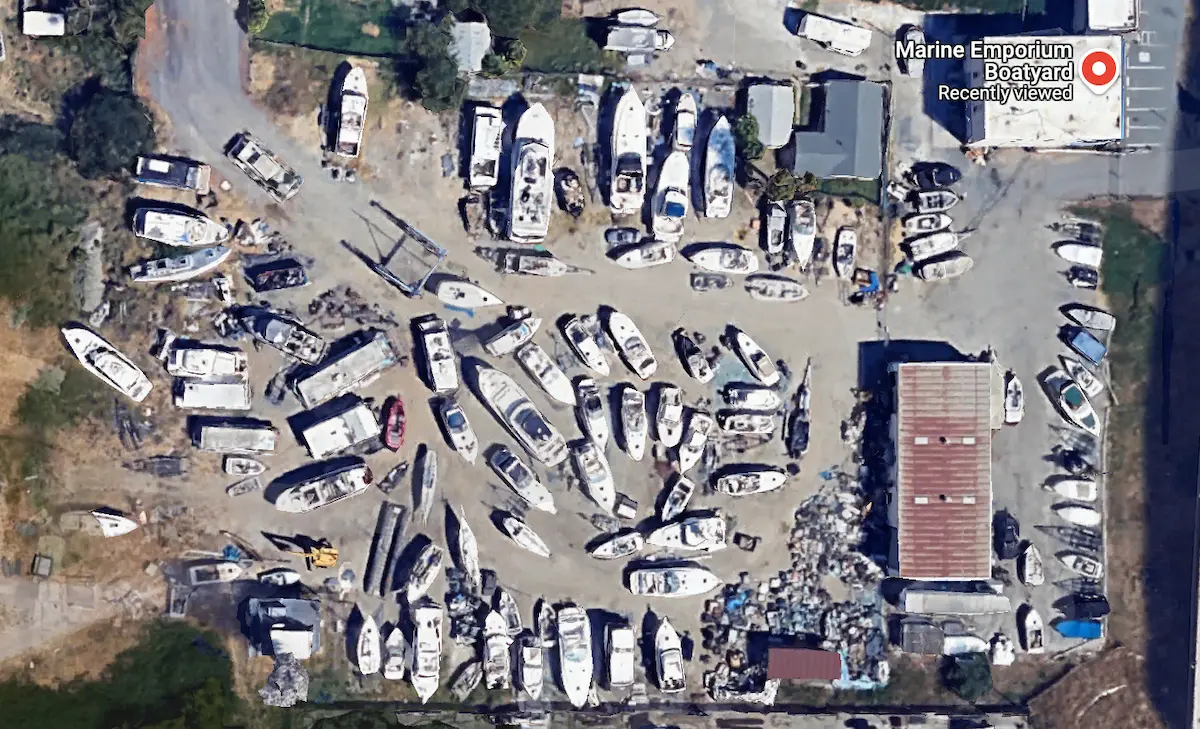Just like government entities governing rules for citizens, certain laws govern the rules for ships and offshore structures which are governed by bodies called classification societies.
The classification society is a non-governmental organization that oversees and upholds technical standards for the construction and functionality of marine vessels and offshore structures.
The Classification Society’s goal is to provide classification, legal services, and assistance to the maritime industry and they function as regulatory bodies that oversee maritime safety and pollution control.
Let us look into more details regarding their history, function, and so on.
The History Of Classification Societies.
In London’s coffee shops throughout the seventeenth and eighteenth centuries, commercial meetings between merchants, shippers, and underwriters were common. These organizations issued ship lists, which were particularly helpful in letting underwriters know how much danger there was in insuring the ships and their contents.
The requirements for the ship information got increasingly formalized over time, and finally, a Register was produced. Initially, the classification of ships and their insurance took place under the same roof.
The two functions were wholly separated in 1760 when the Lloyd’s Register of Shipping classification division was established to inspect and categorize merchant ships according to their condition. Today, Lloyd’s Register of Shipping is a non-profit organization that also serves as an independent authority, and it receives all of its funding from the fees charged for surveys and other services.
The Uprising Of The First Classification Society – The Lloyds Register
A well-known businessman Edward Lloyd owned one of the coffee shops in London where the commercial meetings between merchants, shippers, and underwriters were most common. He decided to publish a list seeing a demand for something that was missing in the market during those times.
When Lloyd published a list or bulletin concerning ships in 1702, he created history. Such lists, often known as Lloyd’s Lists, have been produced ever since. The Lloyd’s Register of Shipping is credited with developing classification.
The only standards covered in depth are those of Lloyd’s Register of Shipping, the oldest classification society. In 1949, the list was officially termed the Lloyd’s Register—which had been established in 1760 and rebuilt in 1834—joined forces with the British Corporation, the sole other British classification organization at the time.
Now, it is governed by a committee made up of ship owners, shipbuilders, and representatives of the Royal Institute of Naval Architects and Shipbuilders and the Institute of London Underwriters.
What Are The Functions Governed By The Classification Societies?
The purpose of ship classification is to examine the structural integrity and strength of significant components of the ship’s hull and its structures, as well as the dependability and performance of the propulsion and steering systems, power generation, auxiliary systems, and other similar functions that have been built into the ship to maintain important services on board.
Classification Societies work to carry out this goal by creating and enforcing their regulations and by certifying conformity with international and domestic legal requirements on behalf of flag state authorities.
The vast majority of commercial ships are built by and regularly checked for conformity with the criteria established by the Classification Societies. The class society provides these criteria as published Rules.
A classification certificate is not, however, a guarantee of a ship’s safety, seaworthiness, or suitability for that purpose. It merely serves as proof that the vessel complies with the rules established and issued by the organization providing it.
For example, Steel ships are given a class when they are built in conformity with Lloyd’s Register regulations or comparable standards, and they remain classed as long as they are kept in compliance with the Rules.
What Doesn’t Come Under The Ship Classification Society Rules?
The International Convention for the Safety of Life at Sea (SOLAS) and the 1988 Protocol to the International Convention on the Load Lines both recognize the role of classification societies. The class nomination may be granted to a ship built by the IACS Member society’s established regulations upon satisfactory completion of the relevant surveys.
The safety of life or property at sea or the seaworthiness of the vessel is not guaranteed by classification societies, and this is because, while the classification of the vessel depends on the assumption that it is loaded, operated, and maintained in a proper condition by competent and qualified personnel.
The classification society has no control over how the vessel is operated and maintained in between the periodic surveys under its management. They openly accept no responsibility for the safety, suitability, or seaworthiness of the ship to avoid liabilities.
The organization carries out checks on ships that were in operation to make sure they were still operating in compliance with the Rules. The owner is required to notify the relevant organization right away if any defect that might affect the class to become SAFER AND CLEANER SHIPPING or damages are assisted in between the necessary inspections.
Which Are Some Of The Main Ship Classification Societies Around The World?
More than 50 administrations across the world described their actions as providing some kind of maritime categorization services; nevertheless, not all of them accomplish the justification.
The following categorization societies are present among the major maritime nations:
- Japan – Nippon Kaiji Kyokai or ClassNK
- United States of America – American Bureau of Shipping
- Russia – Russian Register of Shipping
- France – Bureau Veritas
- China – China Classification society
- Norway – Det Norske Veritas
- Italy – Registro Italiano Navale, RINA
- India – Indian Register of Shipping
What Is The IACS (International Association Of Classification Societies)?
IACS was established in 1968 with the goals of promoting high standards of safety, preventing pollution, and maintaining tight ties with organizations and the shipping industry.
The 12 member societies of the International Association of Classification Societies classify more than 90% of all merchant marine tonnage (IACS). IACS is committed to safe ships and clean seas, and via technical support, compliance verification, and research and development, it provides a special contribution to maritime safety and regulation
Each society’s classification rules, which were developed over a long period via extensive study, development, and service experience, are continuously improved. Additionally, IACS Members accepted the unified requirements and traded them for their own set of rules. Statutory requirements are developed by the IMO, and the IACS will accept unified interpretations of them as appropriate.
The strength of the ship, the availability of suitable equipment, and the dependability of the machinery are the three main topics covered in the rules and regulations that these classification bodies produce.
Why Is Classification Society So Important For Ship Owners?
A classification society may be one of the greatest technical consulting services offered to ship owners. Typically, ship owners desire to boost the effectiveness and quantity of their ships once they have been classified.
When there is a problem or breakdown, the Society Surveyor is on call and can offer the best guidance on how to restore the ship to its previous state of efficiency and excellent condition.
The present classification requirements mandate a once-every-four-year examination of every part and component of the ship, as well as her machinery and equipment, which automatically assures proper maintenance. In addition, a ship owner benefits from the market’s faith and confidence so long as the ship is classified.
Why Do Underwriters/insurance Companies Depend On Classification Societies?
Insurance companies were the original target audience for the Classification Society. The underwriters needed advice on how to evaluate marine hazards. Initially, the assessment was based on the master’s capability; subsequently, it was based on the ship’s capabilities.
Only ships that had been constructed and maintained by Class specifications and standards would be covered by insurers. A ship’s side mainly was marked with a Society’s mark to show that it was classed with them; later, this mark was paired with freeboard standards for load lines. In the majority of circumstances, if the vessel leaves its class, the insurance contract will be worthless.
International organizations such as the International Maritime Organization (IMO) are responsible for handling technical elements of marine issues including maritime environment conservation and safety at sea.
IACS (International Association of Classification Societies), which is an associate member of IMO with observer and consultative status, was founded by the main classification societies.
Among all the private international organizations, it may be the most active member, supplying the IMO with the data, information, and advice necessary for the implementation of numerous safety conventions.
The SOLAS (International Convention for the Safety of Life at Sea) Convention, which the IMO has, provides instructions on regulations about subdivision and fire protection in the field of safety construction;
The Tonnage Convention inadvertently promotes the development of stronger, safer ships with adequate equipment space whereas the Load-Line Convention deals with stability standards and closing mechanisms.
Due to common safety regulations from international conventions, many nations have safety construction rules that are relatively similar to societal norms, however, none may be as detailed as the classification rules.
The structural suitability of any specific vessel to conduct a proposed journey must be confirmed by a cargo shipper and the underwriter who has been asked to insure a maritime risk to proceed.
Over the course of around 200 years, a system of categorization has been developed to help the shipper and underwriter discriminate between good and poor risks. For the initial and ongoing examination of ships, so that classification may be determined and maintained, trustworthy organizations have been established during this time.
Can A Vessel Sail Without Class Certifications & Their Limitations?
Classification is still not legally required in the majority of countries, although it is difficult to imagine a ship without one. Ships must now be designed, built, and maintained by the structural, mechanical, and electrical specifications of a recognized classification society, according to SOLAS74 (as modified) Part A-1 Regulation 3-1.
A ship that is not classified with one of the societies will never be purchased with financing from a financial institution. A ship lacking “class” cannot be financed or insured. Finding personnel to sail on an unclassified ship will be considerably more challenging. Nobody will take the risk of loading cargo on such a ship, and the ship will be of little value in the market for charter or sale.
Ships are not limited to classification by the relevant society of the nation in which they are built; they may be constructed in any nation by the norms of a specific classification society.
Classification is optional, however, the shipowner of an unclassed vessel must convince governmental regulatory agencies that the vessel is structurally sound enough to receive a load line and receive a safety construction certificate.
Ship Classification Society Summary
A classification society, which establishes the standards for the shipping sector, is comparable to a standards institution. It has guidelines for the design and categorization of various ship types.
It behaves impartially toward everyone’s interests. If a ship concerned satisfies the requirements outlined in the regulations, it is classified and stays such for as long as it upholds the requirements.
This has gained the classification organization a great degree of dependability, trust, and fame, making it equally accepted by the majority of those involved in shipping.
Analyzing the relationships between the Classification Society and other shipping-related organizations and agencies can help us better understand the role and purpose of the organization.
- Types of Gas Carriers as per IGC Code – April 22, 2025
- Wind-Assisted Propulsion Systems (WAPS): A Game Changer for Maritime Decarbonization – February 6, 2025
- 10 Boat Salvage Yards in California – January 25, 2025



